

|
|
|
"Knowledge is power. Information is liberating. Education is the premise of progress, in every society, in every family." - Kofi Annan
|
|
|
30 November 2018
|
TCO Gazette Links
Click here for TCO archive Click here for news archive |
News Headlines Big Ships Call Australia
On Sunday, the largest ship dubbed the MSC Archimidis arrived at Patrick's terminal on Swanson Dock in Melbourne. The vessel is 317.8metres in length with a 43.2metre beam and a capacity to carry 8266 TEU. Archimidis is one of 12 vessels on MSC’s Australia Express service between here and Europe.
On Monday, the Archimidis then made its way around Australia to call at Fremantle - making it the largest containership recorded at the dock. Prior to Archimidis’ visit, the largest container vessel to visit Fremantle was the Al Kharj with a length of 306metres and a beam of 40metres. Melbourne Reports Record Trade in October
According to recently published figures, a total of 8.72 million revenue tonnes in October 2018 represented the highest monthly trade result in the history of the Port of Melbourne.
The previous monthly best of 8.51 million revenue tonnes was recorded back in July 2018. All cargo types were reported to have contributed to the monthly gain, with the exception of motor vehicles and dry bulk. Total container throughput (full + empty) for October 2018 rose 5.9% over October 2017 to a record 270,088 containers, and was in turn up 6.9% for the financial year to date. This result topped the previous monthly high of 265,679 containers achieved in September 2018. Total container imports were up 3.4% for the month and total exports gained 8.5%. Liquid bulk trade recorded an 8.4% increase from October last year, to be up 9.2% for the year to date. A 25.1% (+73,300 tonne) increase in crude oil imports together with a 6.8% (+9800 tonne) increase in petroleum product imports were the main commodities responsible for the overall monthly increase. Toy Boxes That Were Not Quite Right
Last Sunday morning, a 37 year old American national arrived into Sydney airport on a flight from San Francisco and was selected for a baggage examination by Australian Border Force (ABF) officers. ABF officers uncovered 25 packages hidden in four boxes of unsuspecting children’s toys. The packages weighed approximately 13 kilograms in total, and presumptively tested positive for methamphetamine. Further forensic testing will be undertaken by the Australian Federal Police (AFP) to determine the exact weight and purity of the substances.
AFP officers arrested the woman and transported her to Mascot Police Station where she was charged with importing a commercial quantity of border controlled drugs, namely methamphetamine. The maximum penalty for this offence is life imprisonment. ABF Regional Commander NSW, Danielle Yannopoulos said criminals should be aware, the ABF and its partner agencies, have them in their sights. “ABF officers have the skills, training and technology to detect these dangerous drugs at the border, no matter how criminals try to hide them,” Commander Yannopoulos said. “With our partner agencies we will do everything in our power to stop illicit drugs from reaching our shores and shut down the criminal syndicates responsible for trying to bring them here.” AFP Sydney Airport Police Commander, Superintendent Peter Mullins, said police authorities were always on the lookout for anyone employing unusual methods in an attempt to smuggle illicit drugs into Australia. “The fact criminals are willing to use children’s toys to smuggle such harmful drugs into this country demonstrates the importance of continued vigilance at our borders,” he said. Australia-Hong Kong Free Trade Agreement
Australia and Hong Kong announced the conclusion of negotiations on the Australia-Hong Kong Free Trade Agreement (FTA) on 15 November 2018. The agreement marks a significant milestone in our already substantial trade and investment relationship. Australian businesses, service suppliers, investors and farmers stand to benefit from the certainty this FTA will bring.
According to the Department of Foreign Affairs and Trade (DFAT), Hong Kong is Australia's twelveth largest trading partner, with two-way trade in goods and services coming to $18.8 billion in 2017. Hong Kong is an attractive export destination for Australia. In 2017, Hong Kong was Australia's sixth most important destination for merchandise exports ($12 billion) and seventh-largest services market ($3 billion). Prime Minister Morrison said in a media statement that Hong Kong was a large and vibrant market of Autrailan goods and services and is a major gateway for Australian producers into East Asia. Hong Kong does not currently apply any tariffs on Australian exports. However under World Trade Organization rules, Hong Kong has the capacity to increase tariff rates including key goods for Australia such as coal, gold, zinc ores and liquefied natural gas. This agreement permanently locks in zero tariffs on all Australian exports to Hong Kong, which is good news for our farmers, and in particular our seafood industry, our beef and pork producers and winemakers. Bananas from Panama
A joint international investigation into an Australia-based organised crime group identified a potential shipment of illicit drugs that left Balboa in Panama, on 4 August 2018. On Monday 20 August 2018, a container listed as a shipment of bananas arrived in Auckland on a vessel from Balboa.
The container was intercepted by New Zealand Customs and police whom examined the contents of the container and found five duffle bags on top of the banana boxes. The duffle bags contained 190 blocks of a white powdery substance, each weighing about a kilogram and individually wrapped in packing tape. The white powder gave a presumptive positive reading to cocaine. This is New Zealand's largest cocaine seizure to date, with approximately 190kgs of cocaine found in the container of bananas. According to the Australian Federal Police (AFP), the cocaine was replaced with an inert substance and agencies began a controlled delivery of the container after it was verified that the drugs were bound for Australia. On Wednesday 14 November 2018, AFP officers conducted raids in the Sydney suburbs of Alford’s Point and Wiley Park. A 41-year-old man was arrested the following day and was charged with attempting to possess a commercial quantity of a border-controlled drug, namely cocaine, which has a maximum penalty of life imprisonment. AFP acting Commander Kirsty Schofield, state manager NSW, said the success of this investigation was another example of the AFP using its partnerships to combat international drug syndicates attempting to bring harmful substances into our communities. “We will continue to work closely with our domestic and international law enforcement partners to combat transnational crime and bring charges against those in this evil trade,” she said. “This investigation demonstrates the power of intelligence sharing and inter-agency co-operation in striking at the heart of globally-connected criminal syndicates impacting Australia.” Fruit Fly Program
Federal agriculture minister David Littleproud has announced a $16.9 million anti-fruit-fly program, aimed at assuring our export markets that it is safe to take Australian produce. According to Mr Littleproud, the new program will use high-tech systems to provide early warnings of fly movements.
Fruit fly outbreaks cost the horticultural industry hundreds of millions of dollars annually in control measures and production losses. Mr Littleproud said that if we take control of the fruit fly, Australian exporters will gain access to more premium markets and boost farm gate prices. “We’ve started a trial of smart-traps that’ll send farmers instant alerts if fruit fly is detected. Sensors detect fruit flies in the trap by the way they move and send mobile alerts to growers.” he said. Mr Littleproud also advised that they were also investing in a national fruit fly mapping program. “The flies make their way south as it warms up and this will let growers know where they are and help us target where to release our sterile fruit flies,” he said. The program is expected to go towards fly management for species such as Mediterranean fruit fly areas including in Western Australia, Northern Territory and South Australia, as well as the native Queensland fruit fly on the east coast. Livestock Vessel Says Goodbye
More than 4,000 cattle are being unloaded from the MV Jawan after it failed to safely sail from the port of Portland, in south-west Victoria, twice in a week. MV Jawan is a Panama-flagged ship and launched in 2003 and started its life as a container ship.
It left Portland with cattle, bound for the Middle East on both Thursday November 22 but turned around after the rocking motion became apparent. On Saturday 24 November, 380 of the 4,327 cattle on board were removed in an effort to improve the ship's stability, but when it sailed out again there was severe rocking. With major stability issues, witnesses took photographs and video footage of the vessel and the Australian Maritime Safety Authority (AMSA) subsequently denied the MV Jawan permission to sail with cattle on board. The Federal Department of Agriculture and Water Resources has launched an investigation into the circumstances surrounding the shipment of livestock on the vessel, which was bound for Pakistan and Oman. In a statement to newsrooms, an Australian Maritime Safety Authority (AMSA) spokesperson said: "On Monday night after discussions with the MV Jawan's operators and classification society, AMSA has determined that the ship will not be released from detention with cattle on-board given the stability issues had not been resolved." Port of Portland chief executive Greg Tremewen said the MV Jawan departed around 5pm on Wednesday evening, albeit without any cattle on board. Friday Funnies
As we countdown the remaining weeks till Christmas, we thought we'd throw in a few jokes to ease you into December!
Q. Why do Dasher and Dancer love coffee? Q. What does the gingerbread man use to make his bed? Q. Why didn't Rudolph get a good report card? Q. What do you get when you cross a Christmas tree with an iPad? Q. Why was Santa's little helper feeling sad? The truth about Santa |
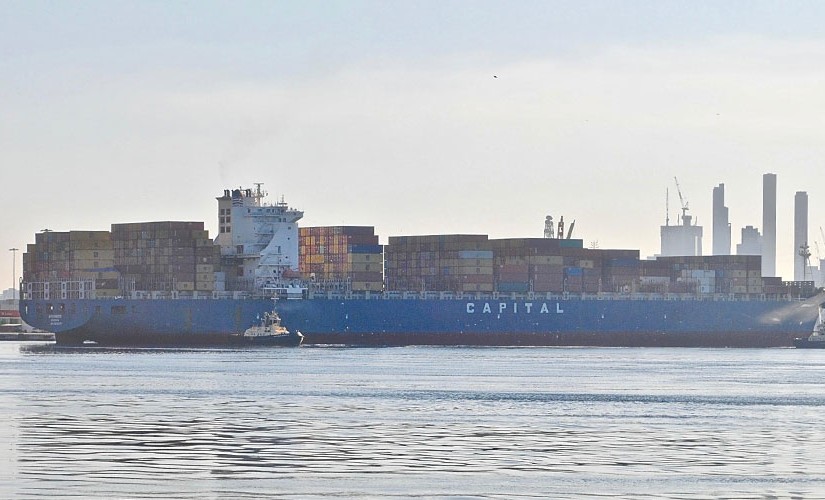 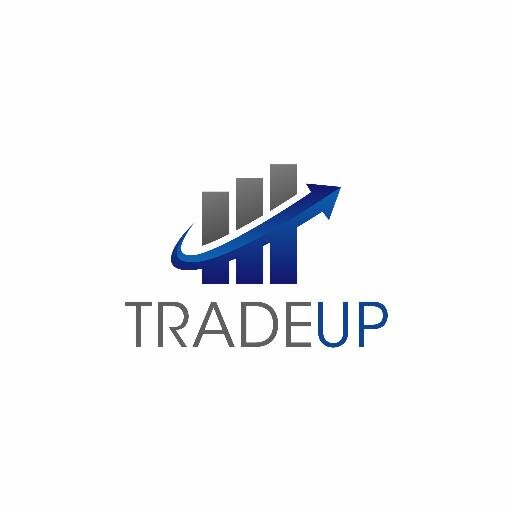 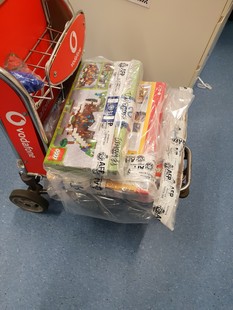 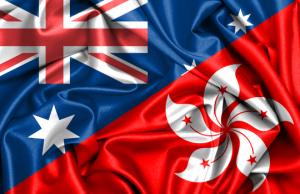 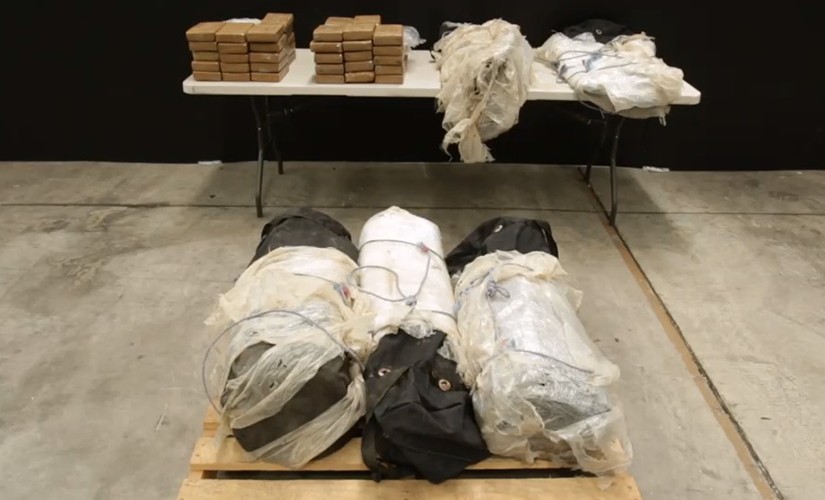 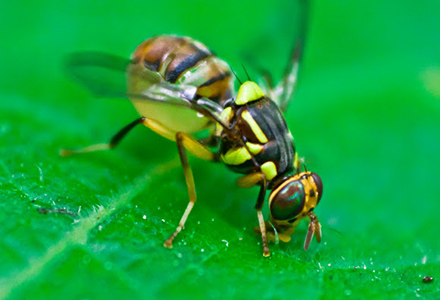 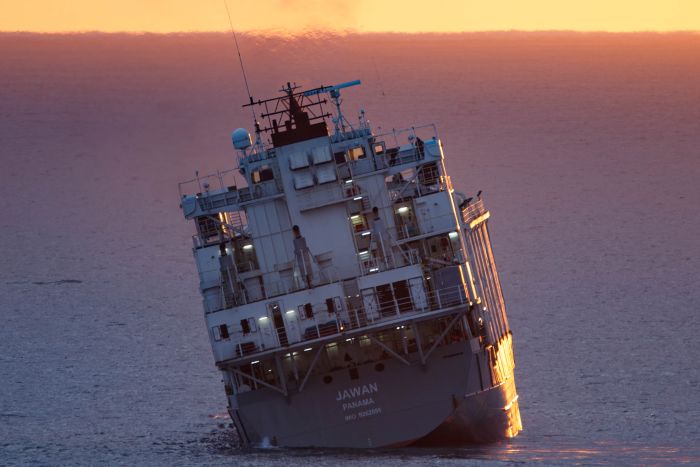  |